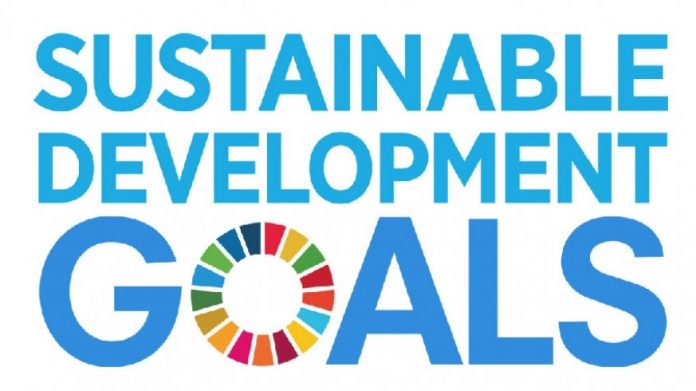By Dr Justin N. KABERA
These days, the world is living at a historic and special moment in the history of science. The prospects for positive change have never been brighter.
Policy makers in developing countries express greater interest and support for the role that science can play in promoting sustainable development.
The number of concrete examples of how science can improve the well-being of communities continues to grow, not only in terms of individual programmes and projects, but also in terms of national policies that are lifting tens of thousands out of poverty each year.
About strategies for science-based development, a lot of references cite Brazil, China, India and Turkey as recent experiences, and Rwanda in Africa comes among the firsts.
Thus, in 2014, a group of international chemists who believe that chemistry and related sciences have indispensable role to play in helping the world to achieve the SDGs have formed “Chemists for Sustainability (C4S)”.
The idea started early in 2008.
The following year in 2015, at United Nation member states agreed on a set of 17 Sustainable Development Goals to be achieved by 2030.
In this regard, Royal Society of Chemistry of UK started driving an Initiative on Commonwealth Chemistry in order to bring together governments, scientists, non-governmental organizations, academic and industry across the world working in partnership, starting by Commonwealth States.
This because the true impact of chemistry for SDGs will be only visible when different fields related to chemistry are brought together in ways that were previously not envisaged.
For instance, today, the alliance of chemistry with biology to computing is the key to the development of new crops, drugs, vaccines, diagnostic kits for diseases, contraceptives, and much more.
Nutrition and healthcare are not the only winners from this alliance but industrial sector also in terms of competitiveness.
Meeting global challenges, that are related to energy, food and climate change requires the identification of the areas where the chemical sciences can provide technological and sustainable solutions.
According the consultation meeting organized by Royal Society of Chemistry (RSC) in June 2018 where Rwanda was represented for the first time, the priorities areas have been summarized as following:
– Energy: creating and secured environmentally sustainable energy supply;
– Food: Creating and securing a safe, environment friendly, diverse and affordable food chain supply;
– Future Cities: Developing and adapting cities to meet the emerging needs of citizens;
– Human health: improving and maintaining accessible health, including disease prevention;
– Raw material and feedstock: creating and sustaining a supply of sustainable feedstock, by designing processes and products that preserve resources;
– Water and Air: Ensuring the sustainable management of water and air quality, and addressing the issues of water resources in terms of quality and availability;
– Lifestyle and recreation: providing a sustainable route for people to live richer and more varied lives.
These defined areas of intervention are associated with global challenges, where chemistry as science is in center of solution approaches, supporting other disciplines such as for example Agriculture for improved food productivity.
Chemistry deals with all these areas of human activity. It touches everyone.
A Nobel Prize winner (1987), Jean Marie Lehn stated: “A world without chemistry would be a world without synthetic material as chemistry is behind most of the innovations that have improved our lives”
The past two decades have witnessed university researchers and industrial chemists competing to use science especially chemistry, to find ingenious responses to climate change and environmental degradation.
Time to time, policy makers have underlined the importance of science-based decision making by:
– Integrating scientists into decision making bodies;
– Encouraging partnership between scientific, public and private Institutions.
The current teaching approach of chemistry as a discipline needs redesign and reform, in order to ensure that it is attractive and productive as science and relevant to solving 21st century challenges for sustainable development.
As reminder, sustainable development is the development that meets the needs of the present without compromising the ability of future generations to meet their own needs. As such, chemistry remains the cornerstones for Sustainable Development, not only worldwide, but also in Africa, in Rwanda particularly.
At national level, we have scientists in chemical Sciences without any organizational structure as Society or board; Time has come to establish the organization (Rwanda Chemical Society) with the mandate of giving a new orientation for the discipline in the respect of the concept: One-World Chemistry (OWC). More is coming about Chemical sciences!
Read Original Article On The New Times



